You’re sitting only inches away from a potentially huge vulnerability. Your computer’s webcam could create an opening for a hacker to gain access and learn compromising information.
Download the FREE Webcam Security Guide below!
Why do hackers want to spy on you?
The most common way for hackers to take control of your webcam and spy on you is through malware, which is inadvertently downloaded through links or emails that you click on. The hacker’s goal is to spy on your behavior and learn information they can use to make money.
One way they can do this is by capturing sensitive photos and using them to blackmail you, which is getting more and more possible as video quality is always improving. Hackers can also watch you to learn about your identity, financial information, or habits, which can then be sold or used to steal your identity. Finally, gaining access to your webcam can also give hackers an opportunity to infect your computer with more malware or viruses.
It’s just a camera. Is it really that vulnerable?
YES! In our post-pandemic world, many vulnerable webcams today are in residences, which hackers can easily get into through smart home networks. Today’s Internet of Things (IoT) brings devices together on the same network, making life much more convenient, but also opening individuals and families up to big risks.
Through a vulnerability in your computer, your internet connection, or even your own actions, hackers can easily gain access. Do you remember the recent Ring doorbell incidents?
So how do you protect yourself?
While the threat is very real, it’s not hard to set up security measures that will protect you, your information, and your family (or business!). It’s important to recognize how a hacker can gain access. Just like in a building, there are multiple points of entry, or weaknesses, the hacker can try to exploit.
Your Computer
It’s very important to secure your physical computer with these simple steps:
- Keep all software up to date so vulnerabilities are patched and each program has their latest cybersecurity measures.
- Use a firewall (network security system) on your computer. Most modern computers have one built in.
- Pay for security software like McAfee or Avast. Be wary of off-brand security software, though!
- Cover your webcam with tape or a webcam cover as a safeguard in case you’re ever hacked.
Your Internet / WiFi
- Secure your WiFi by creating a name and a UNIQUE password – don’t reuse passwords! Hackers love it when you do this.
- Use a VPN (virtual private network) in addition to your other security controls. Some security software (like those above) will do this for you.
Your Actions
The next potential point of entry is YOU! You could be a vulnerability by clicking on a seemingly harmless link or downloading something unknown. Staying skeptical is your best defense against hacking and malware.
- Use different passwords for all websites and update them frequently.
- Don’t chat with strangers online or provide login info to people you don’t know.
- Don’t click on odd-looking links and don’t ever download something unless you know exactly what it is or it came from a trusted, verified source.
- Don’t allow strangers access to your computer (even for repairs) unless they’re fully vetted and reputable.
Some of these take two seconds and some are important habits to develop. Following these TCecure tips will protect you against potential threats across all your home devices.
If you feel you’ve been the victim of a webcam hack, change your passwords, follow the above steps, and run a security scan on your computer to remove the malware.
Get the FREE Webcam Security Guide below! Email us for cybersecurity assistance: info@tcecure.com!





